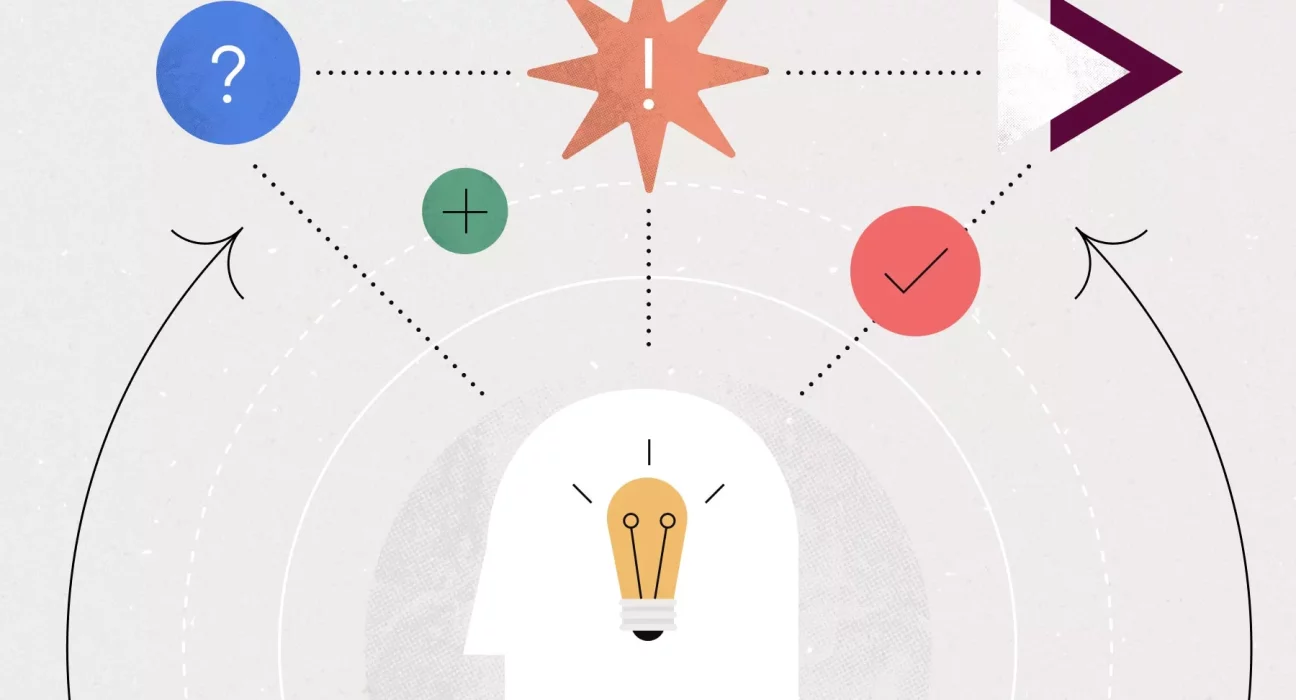Why Critical Thinking Should Be a Core Component of Every Curriculum

In a world characterized by rapid technological advances and complex global challenges, the ability to think critically is more important than ever. Critical thinking is the capacity to analyze information objectively, question assumptions, and make well-reasoned decisions. As a cornerstone of personal and professional success, it is imperative that critical thinking becomes a core component of every educational curriculum.
Critical thinking prepares students to navigate the complexities of modern life. With an overwhelming amount of information available, distinguishing between credible sources and misinformation is a vital skill. Students trained in critical thinking can evaluate evidence, identify biases, and make informed decisions. This skill is particularly crucial in today’s digital age, where false narratives can spread rapidly through social media and other platforms.
Incorporating critical thinking into curriculums enhances problem-solving capabilities. Rather than merely memorizing facts, students learn to approach challenges creatively and develop solutions through logical reasoning. For example, a mathematics problem no longer becomes about finding the correct answer alone but about understanding the reasoning behind it and exploring alternative methods. This mindset fosters innovation and adaptability, essential traits for success in any field.
Critical thinking also cultivates better communication skills. Students who analyze and articulate their thoughts clearly are more effective in discussions, debates, and written assignments. These abilities empower them to express ideas persuasively, listen actively to differing viewpoints, and engage constructively in collaborative environments.
Embedding critical thinking in curriculums has far-reaching implications for global citizenship. It encourages students to explore diverse perspectives, challenge stereotypes, and develop empathy for others. By understanding complex issues like climate change, inequality, or cultural conflicts, students are better equipped to contribute to meaningful solutions. This not only benefits them as individuals but also strengthens communities and societies.
Teachers play a pivotal role in fostering critical thinking. By asking open-ended questions, encouraging classroom debates, and presenting real-world case studies, educators can create an environment that values inquiry and exploration. For instance, discussing historical events with a focus on cause-and-effect relationships or ethical implications promotes deeper understanding and engagement.
One of the challenges in implementing critical thinking in curriculums is the emphasis on standardized testing. Traditional assessments often prioritize rote memorization over analytical skills. Education systems must reform evaluation methods to include tasks that measure reasoning, creativity, and problem-solving. Essays, group projects, and scenario-based exams are effective tools for assessing critical thinking.
Parents and communities also play a role in reinforcing critical thinking outside the classroom. Encouraging children to ask questions, seek diverse opinions, and reflect on their experiences nurtures an inquisitive mindset. Collaborative activities such as family discussions on current events or community problem-solving projects can further enhance these skills.
In conclusion, critical thinking is an indispensable skill for the 21st century and must be embedded in every curriculum. It empowers students to approach challenges with confidence, make informed decisions, and contribute meaningfully to society. By prioritizing critical thinking in education, we equip future generations with the tools they need to thrive in an ever-changing world.










